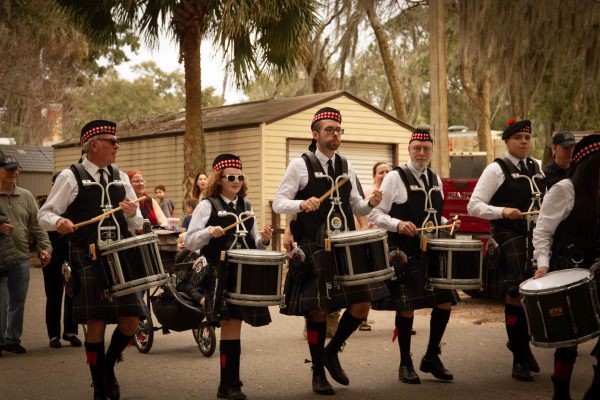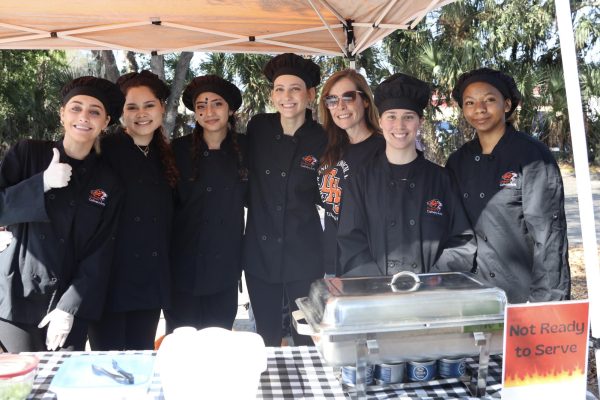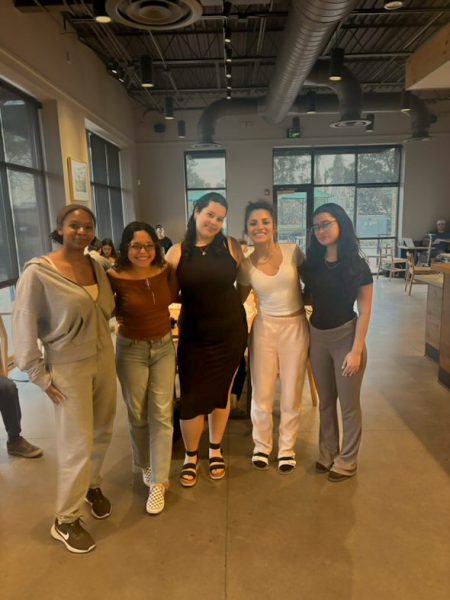Surging pandemic, heated election put nation on edge
This story was originally published in the second edition of The Lion’s Tale (November 6, 2020).
Over 225 days after the White House announced its “15 days to slow the spread” campaign, the coronavirus is raging across the United States. The country is heading for a third peak in cases, this one higher than the previous two, as the seven-day average of new cases approaches 75,000. The University of Washington’s Institute for Health Metrics and Evaluation projects that COVID-19 deaths could reach nearly 400,000 by February. Dr. Anthony Fauci, director of the National Institute of Allergy and Infectious Diseases, pleaded for more widespread mask wearing, calling the current situation “untenable.” The nation will also hold an extremely contentious election against the backdrop of the pandemic on Nov. 3. Early voting numbers have already surpassed half of the total votes cast in 2016, as states expanded early in-person and vote-by- mail options because of the coronavirus.
The Democratic and Republican parties are waging war over election procedures in the judiciary, as the latter broadly seeks to limit the extension of mail-in ballot deadlines and the use of ballot drop boxes. Worries abound over the role the Supreme Court could play in the election, as it has already decided high- profile cases regarding whether mail-in ballots received after Election Day can be counted in Pennsylvania, Wisconsin, and North Carolina. Three of the court’s nine justices have been appointed by President Trump, and two of those, in addition to Chief Justice John Roberts, participated in the legal battle over Florida’s recount in the 2000 election on George W. Bush’s side. Trump, in an Oct. 28 rally, said he hoped the courts will stop votes being counted past Nov. 3.
An emphasis on popular participation in the election has reached a fever pitch, with athletes, celebrities and numerous companies exhorting people to vote. In some cases though, that’s been easier said than done. Voters have faced hours-long lines at polling places, and US Postal Service delays have made mail-in voting unreliable in the week preceding the election.
The election has placed a burden on many Americans beyond the time and effort required to cast a ballot. Businesses in cities across the country have boarded up in anticipation of unrest. An American Psychological Association study found that the election is a significant source of stress for nearly 70% of Americans.
This event, along with the ongoing pandemic, will provide the basis for many of this edition’s stories. We’ll cover the return of students and teachers to campus with the beginning of the second quarter. We’ll look at how the election played out locally with regards to the candidates’ numerous visits to Florida, as well as seniors voting for the first time. Our staff also has coverage of important school happenings, with plenty of photos from spirit week, a report on testing makeups and a profile on Oviedo High School’s teacher of the year.
Coronavirus cases remain fairly low in Seminole County, with an average of just 12.2 new cases per 100,000 people being reported each day. That being said, even a small outbreak can result in dozens of students and teachers being forced to quarantine, causing great inconvenience. The Lion’s Tale would like to emphasize the importance of mask wearing, social distancing and other sanitation measures, particularly on campus.
Your donation will support the student journalists of Oviedo High School. Your contribution will allow us to purchase equipment and cover our annual website hosting and printing costs. Thank you!

![Prom king Colin Napier and queen Leah Hopkins dance the night away during the Golden Gala on April 26th. Prior to the prom, the Student Government must make many preparations over the course of months in order to ensure it goes off without a hitch. However, their work eventually pays off when it comes time for the dance. “We set up [the prom] the day before, and it’s horrible. We’re there for a very long time, and then we get our beauty sleep, and then we get ready for prom the next day,” Aubrie Sandifer said.](https://oviedojournalism.com/wp-content/uploads/2025/05/Oviedo-197-800x1200.jpg)
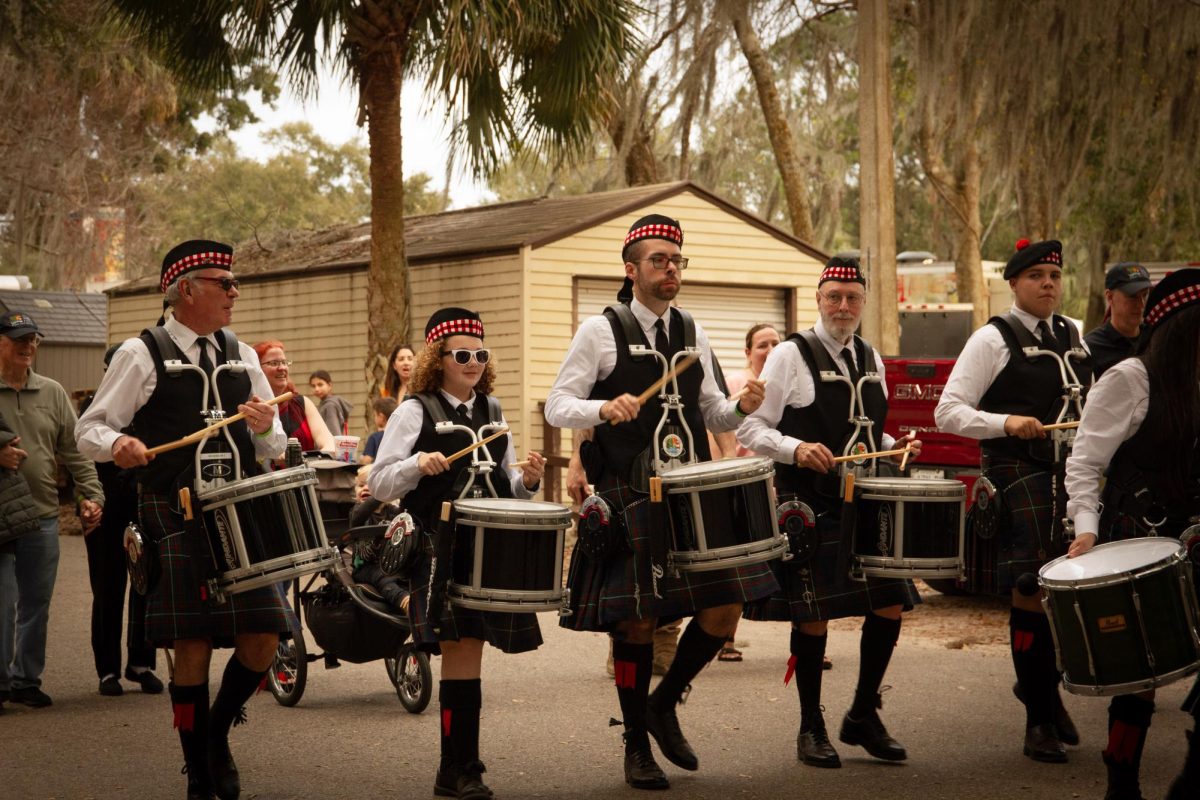
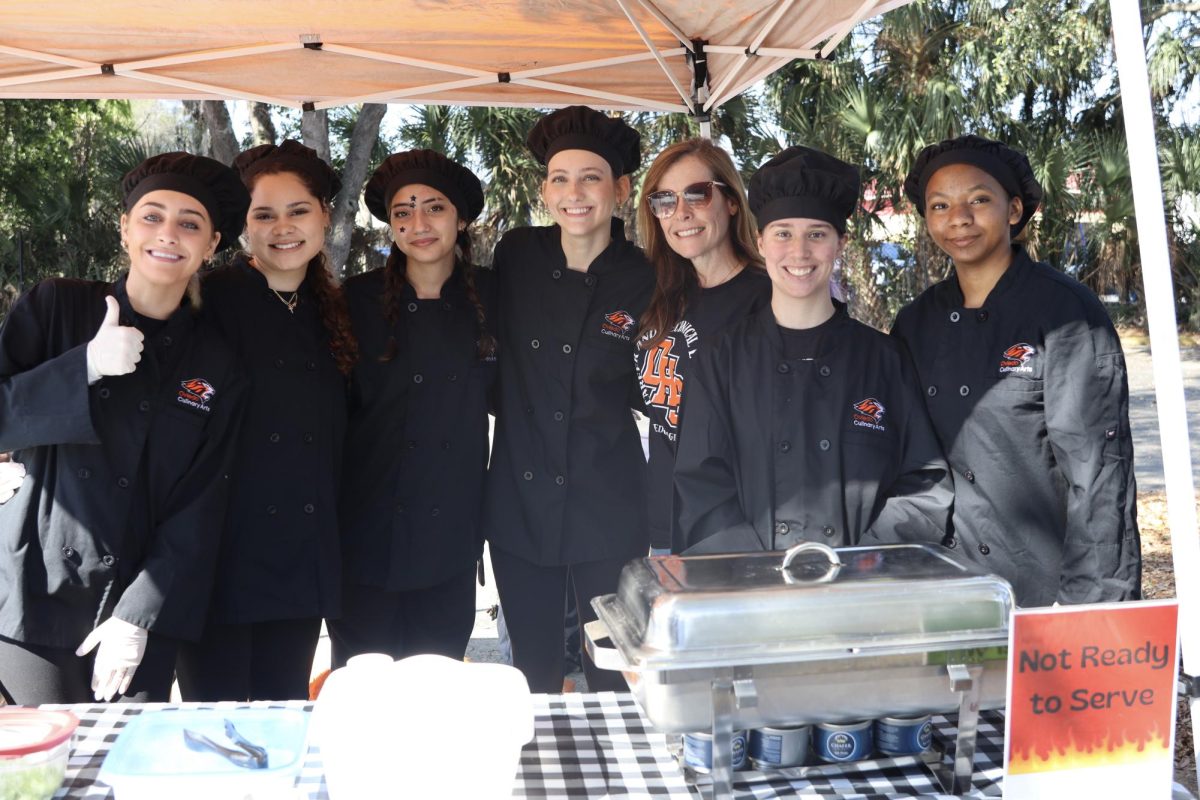
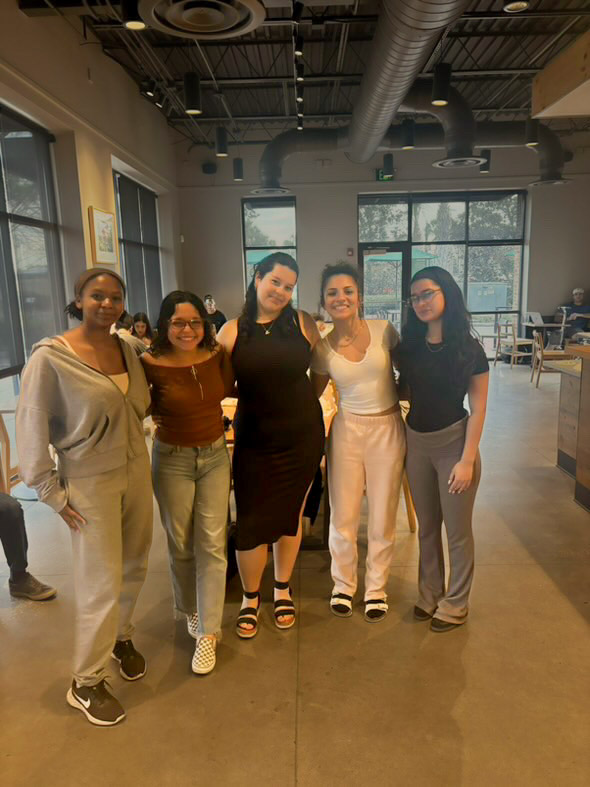

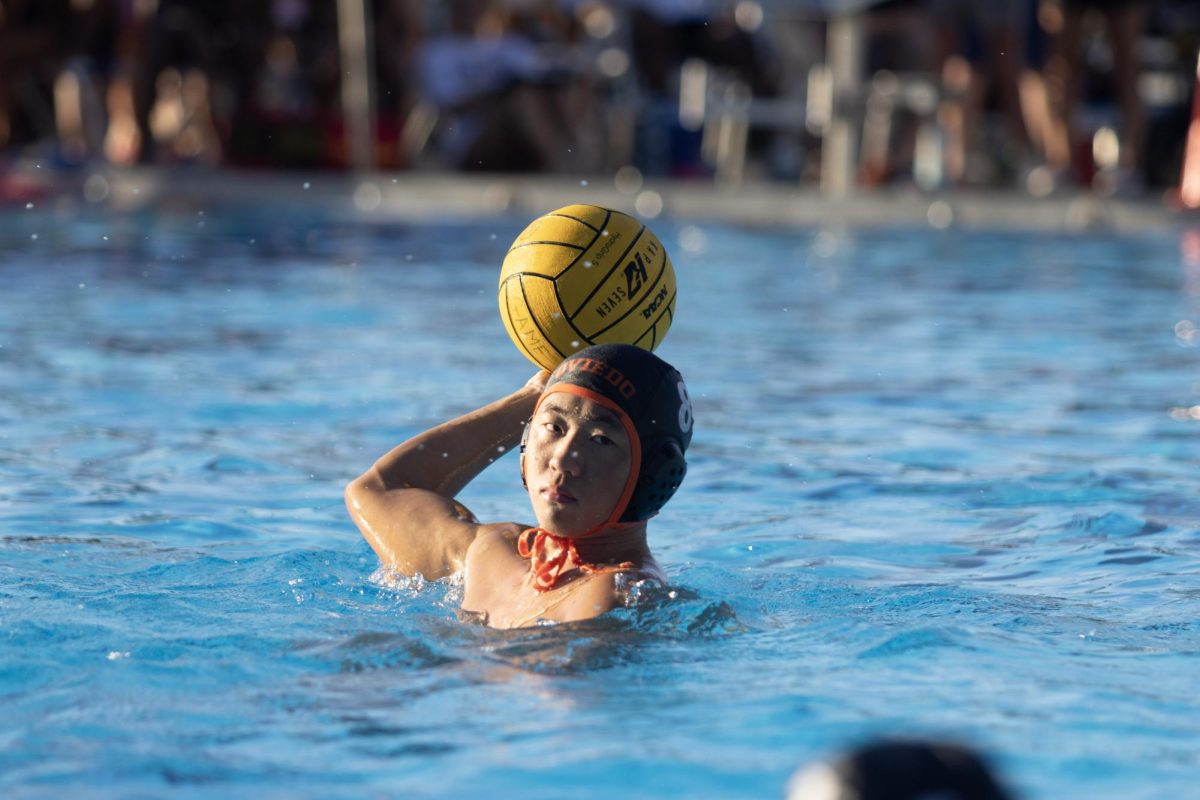

![Hopkins at Honor Grad with golf coach John McKernan. As Hopkins’ golf coach for the last two years he has seen Hopkins’ growth as a player and person along with their contributions to the team. “[Hopkins] has just been really helpful since I took [the golf team] over, just anything I wanted to do I ran by [Hopkins],” said McKernan.](https://oviedojournalism.com/wp-content/uploads/2025/05/B66A7760-800x1200.jpg)
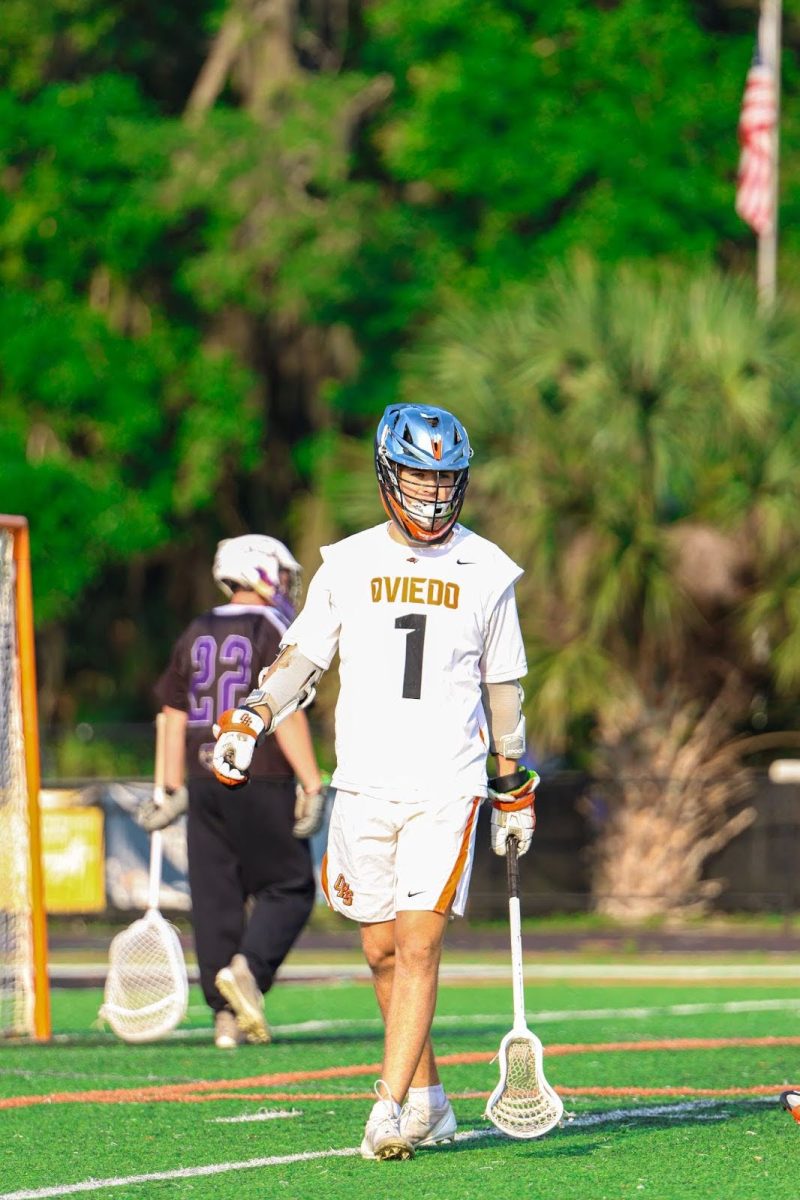
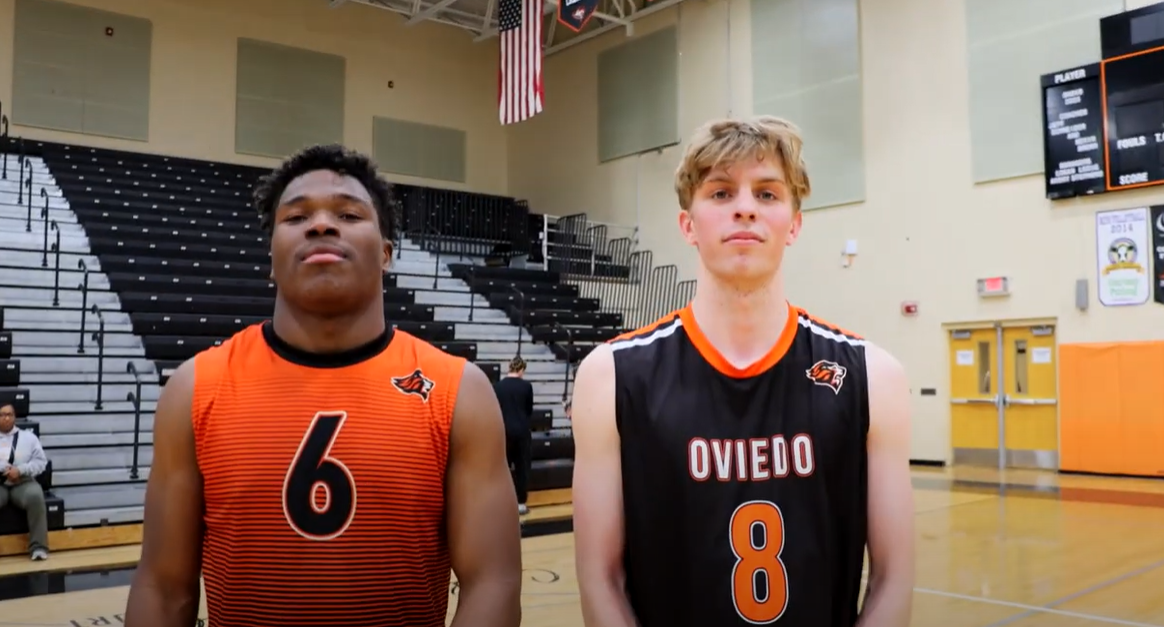
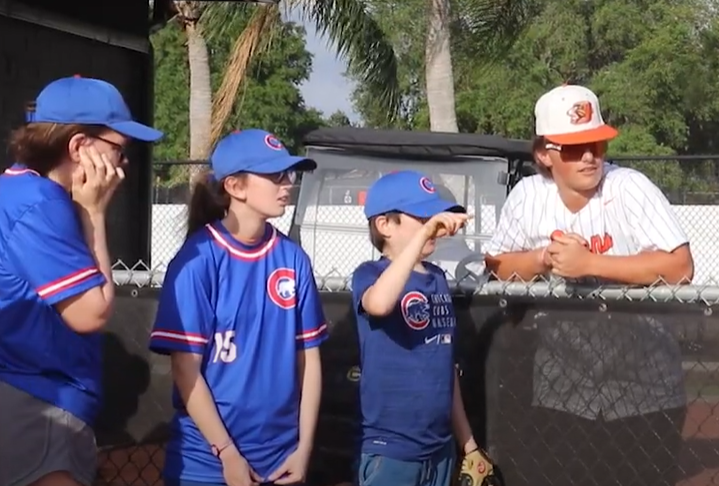
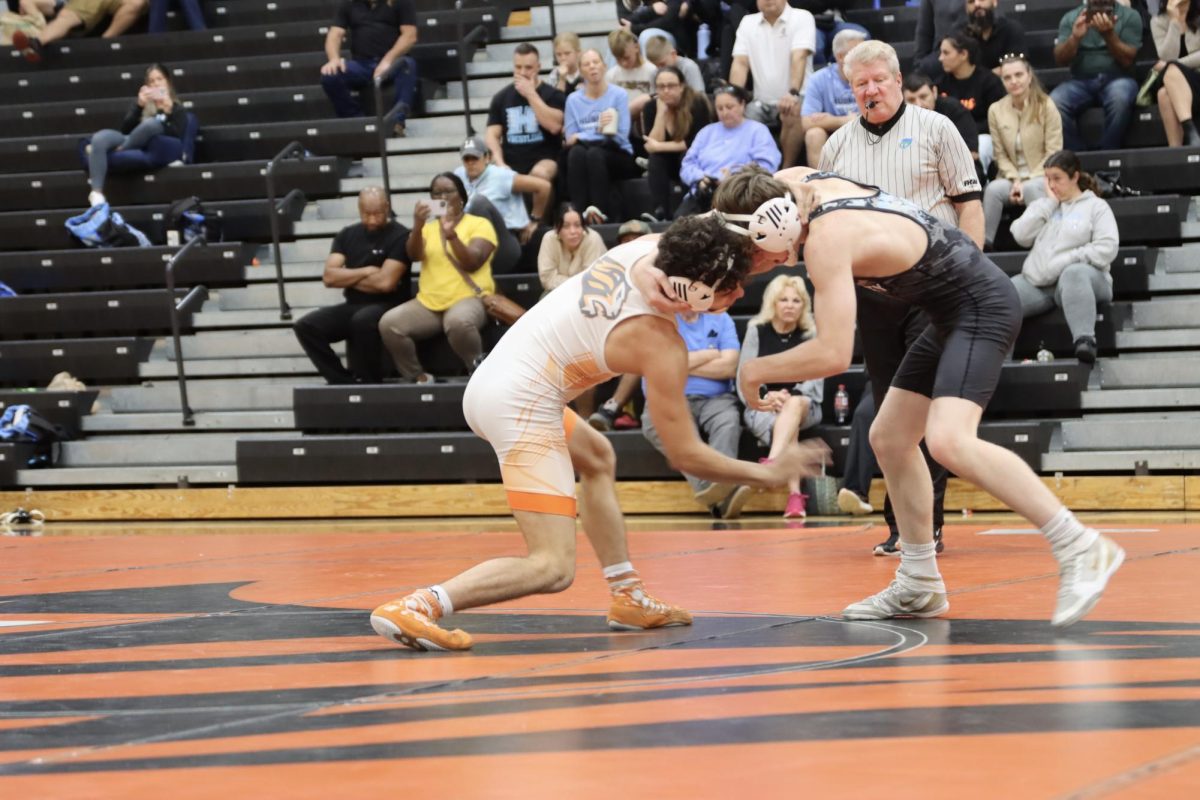
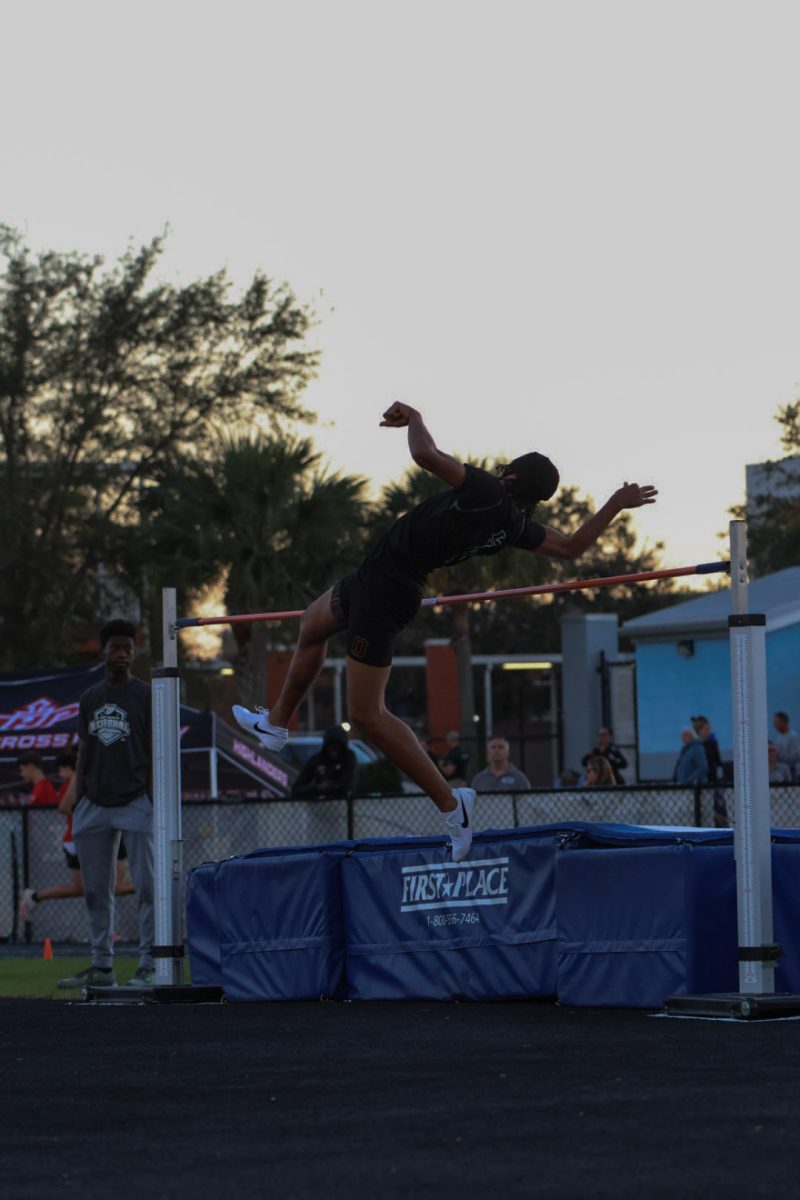

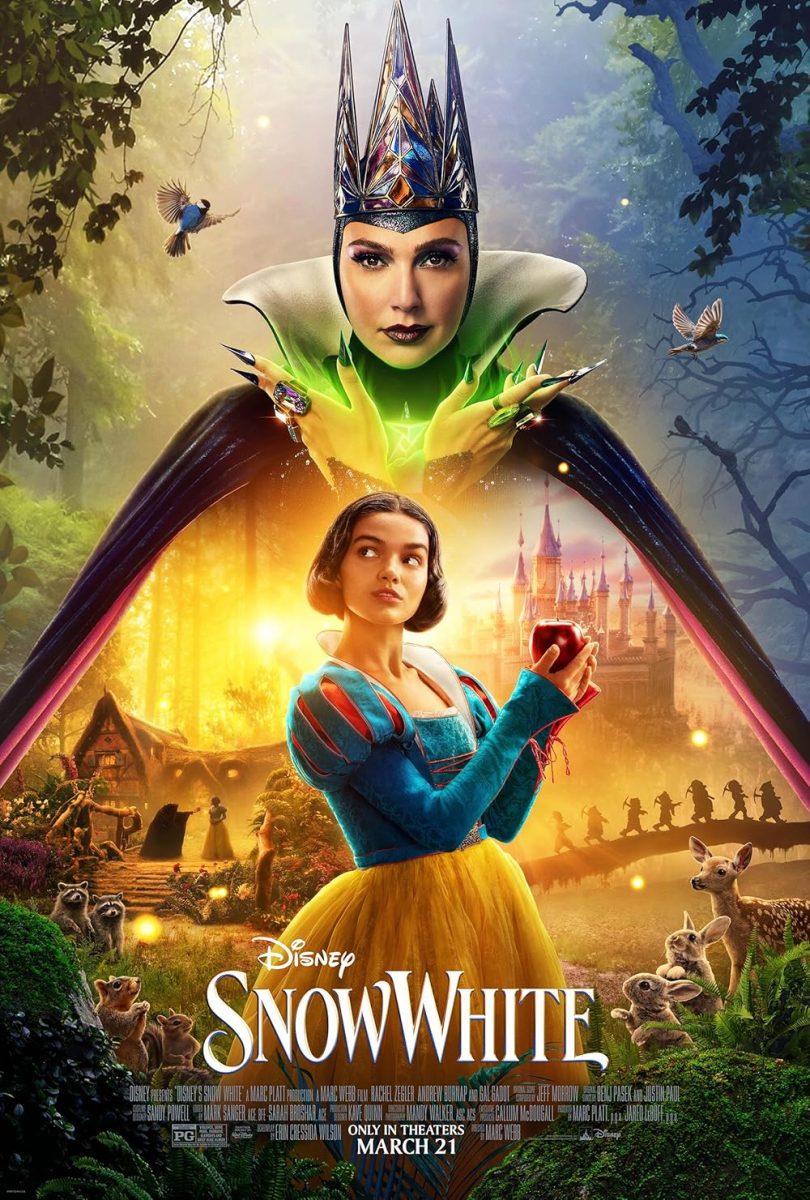





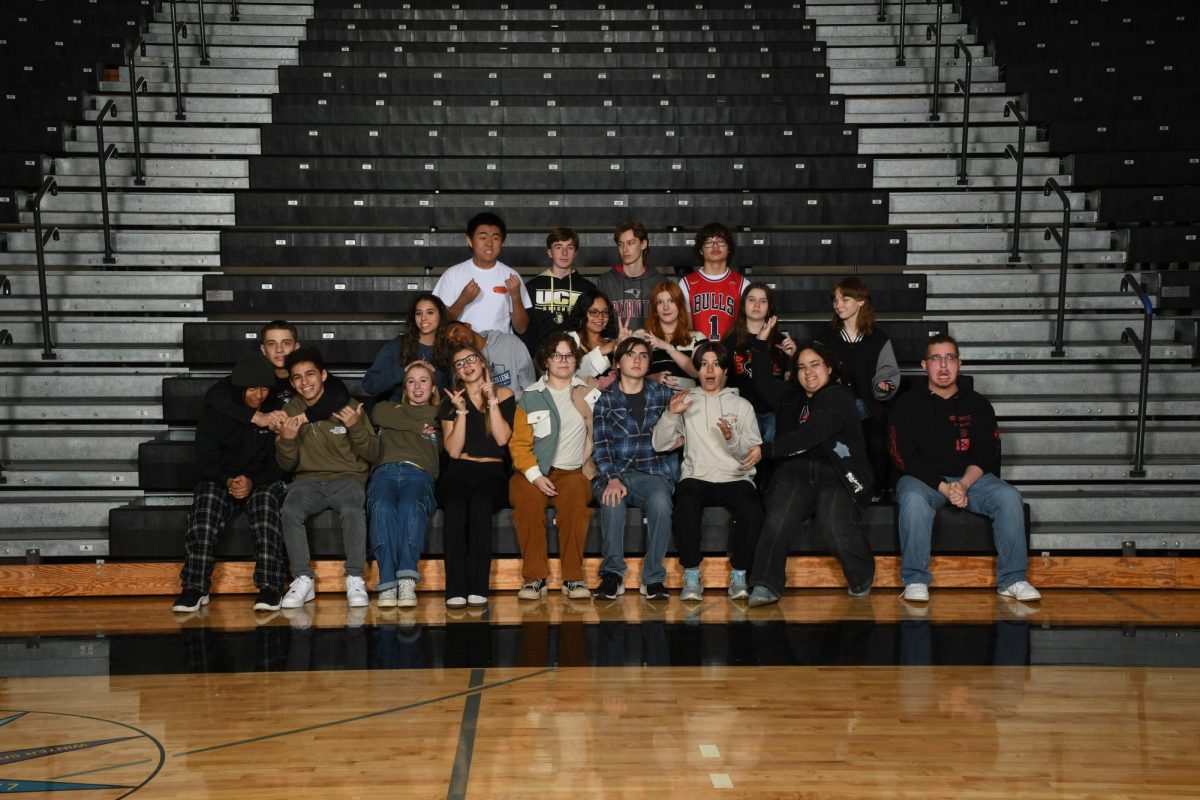
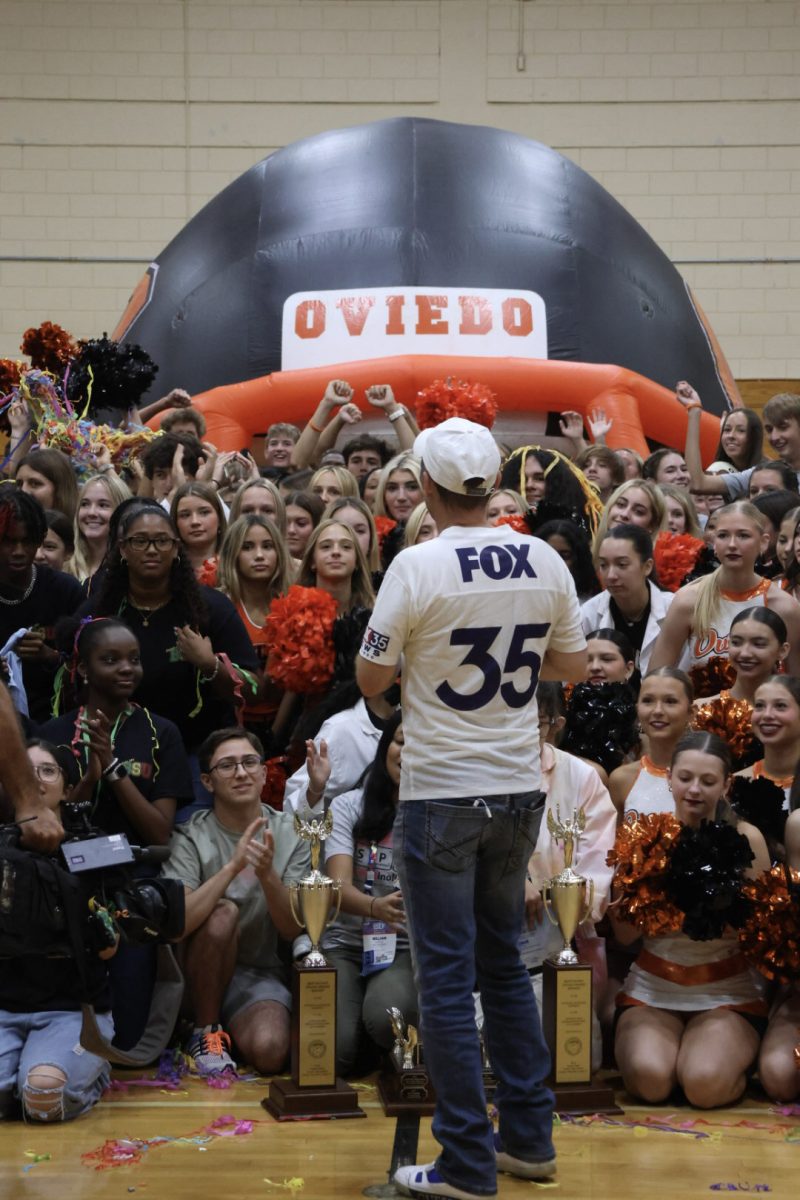
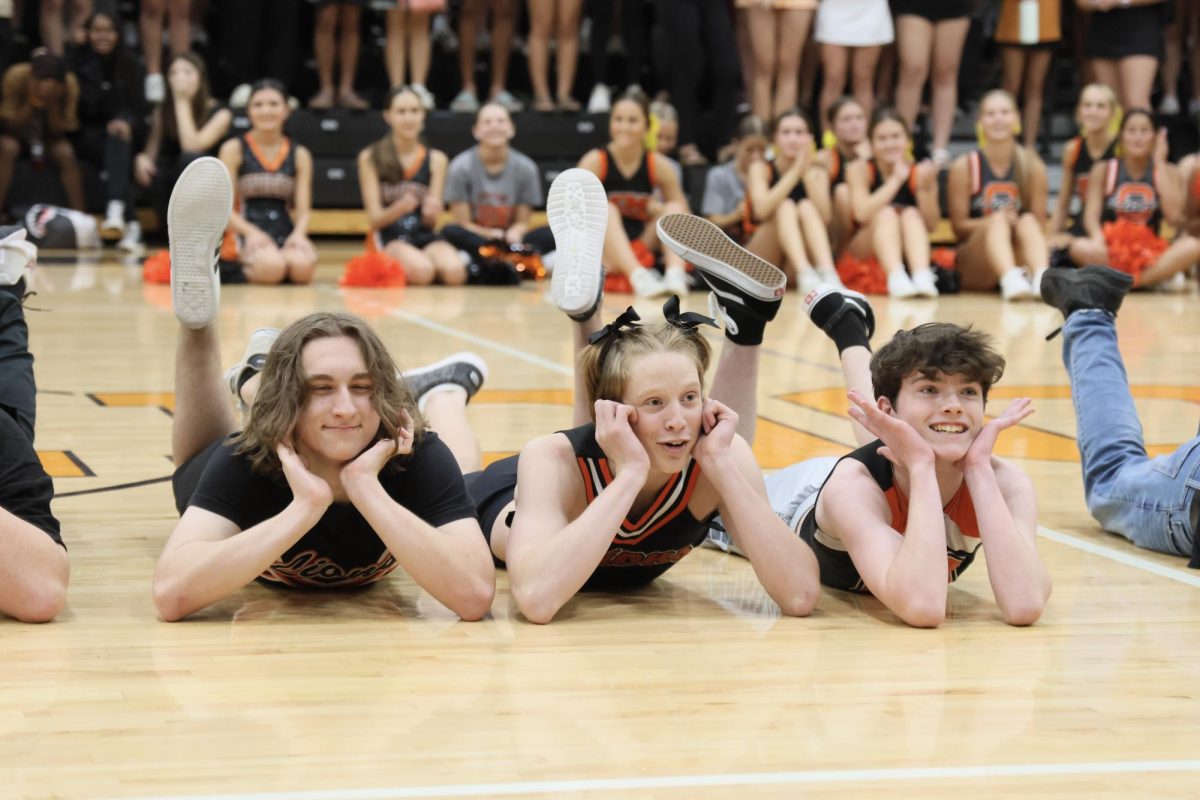


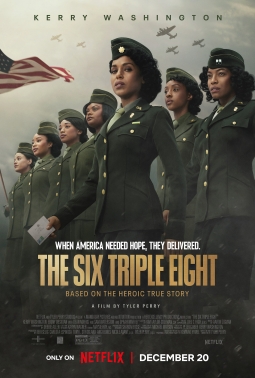

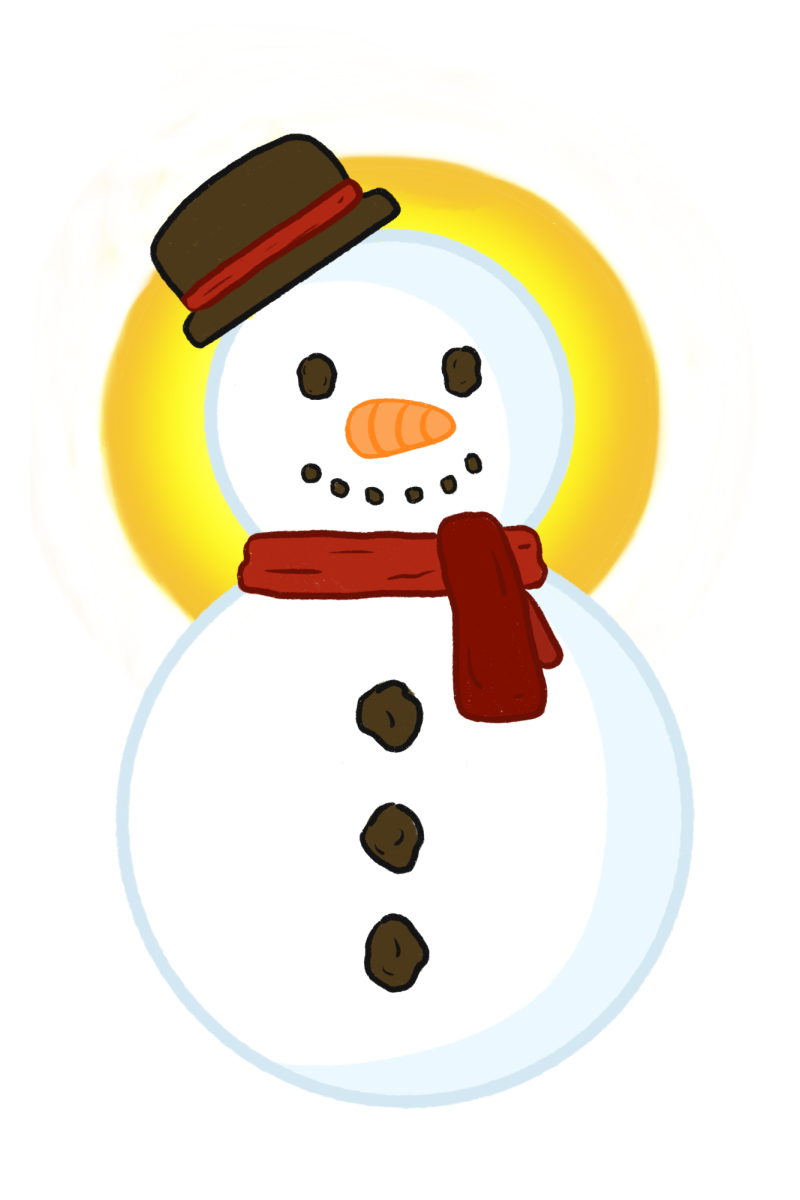






![Prom king Colin Napier and queen Leah Hopkins dance the night away during the Golden Gala on April 26th. Prior to the prom, the Student Government must make many preparations over the course of months in order to ensure it goes off without a hitch. However, their work eventually pays off when it comes time for the dance. “We set up [the prom] the day before, and it’s horrible. We’re there for a very long time, and then we get our beauty sleep, and then we get ready for prom the next day,” Aubrie Sandifer said.](https://oviedojournalism.com/wp-content/uploads/2025/05/Oviedo-197-400x600.jpg)
